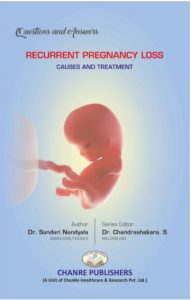What are the medications used in FM treatment? Is there any preferred choice of treatment?
There is no single medication that could address all the domains of FM symptomatology. Pain, sleep disturbances, depression, and other somatic
symptoms may require different category of medicines. Since most of the drugs are effective only in one third of patients, the best drug can be found
only through trial and error. The following are the drugs used as per the clinical domains (Barkhuizen, 2002; Mease et al., 2009):
Pain
• Analgesics like paracetamol
• NSAIDs
• Tricyclic antidepressants (TCAs) like amitryptalline
• SNRI like duloxetine and milnacipran
• Gabapentinoids like pregabalin and gabapentin
• Alpha-blockers like tizanidine
• Muscle relaxants like cyclobenzaprine
• Tramadol
Sleep disturbance
• Hypnotics like zolpidem, clonazepam
• TCA
• Pregabalin
Depression
• SSRI like fluoxetine, escitalopram
• TCA
• Selective serotonin reuptake inhibitors (SSRI)
Co-existing syndromes like irritable bowel syndrome (IBS), restless leg syndrome, and migraine would respond to specific therapies. Many of the
aforementioned drugs appear to benefit more than one domain of FM symptoms. For example, TCA may help in relieving pain, sleep disturbances,
and depression.
REFERENCES
1. Barkhuizen A. Rational and targeted pharmacologic treatment of fibromyalgia. Rheum Dis Clin North Am. 2002; 28(2):261-90.
2. Mease PJ, Choy EH. Pharmacotherapy of fibromyalgia. Rheum Dis Clin North Am. 2009; 35 (2):359-72.

